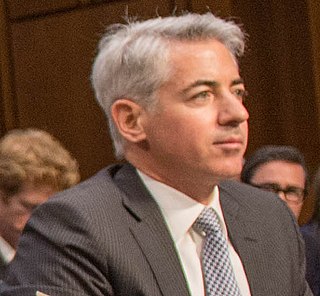A Quote by Peter Drucker
Managers are the basic and scarcest resource of any business enterprise.
Related Quotes
Few relationships are as critical to the business enterprise as the relationship to the government. Managers have responsibility for this relationship as part of their responsibility to the enterprise itself. It is an area of social impact of the business. To a large extent the relationship to government results from what businesses do or fail to do.
The critical thing about the design process is to identify your scarcest resource. Despite what you may think, that very often is not money. For example, in a NASA moon shot, money is abundant but lightness is scarce; every ounce of weight requires tons of material below. On the design of a beach vacation home, the limitation may be your ocean-front footage. You have to make sure your whole team understands what scarce resource you're optimizing.
More fundamental than religion is our basic human spirituality. We have a basic human disposition towards love, kindness and affection, irrespective of whether we have a religious framework or not. When we nurture this most basic human resource - when we set about cultivating those basic inner values which we all appreciate in others, then we start to live spiritually.
As a result of overdiversification, their (active managers) returns get watered down. Diversification covers up ignorance. Active managers haven't done enough research into any of their companies. If managers have 200 positions, do you think they know what's going on at any one of those companies at this moment?
The business models in enterprise have changed pretty dramatically. A huge problem with enterprise software traditionally has been usually you sell to the customer and then they adopt the technology. The great thing about 'freemium' and the new way enterprise software is being sold is you get to try it first and then buy it.
The single most important thing to remember about any enterprise is that results exist only on the outside.The result of a business is a satisfied customer. The result of a hospital is a satisfied patient. The result of a school is a student who has learned something and puts it to work ten years later. Inside an enterprise there are only costs.































